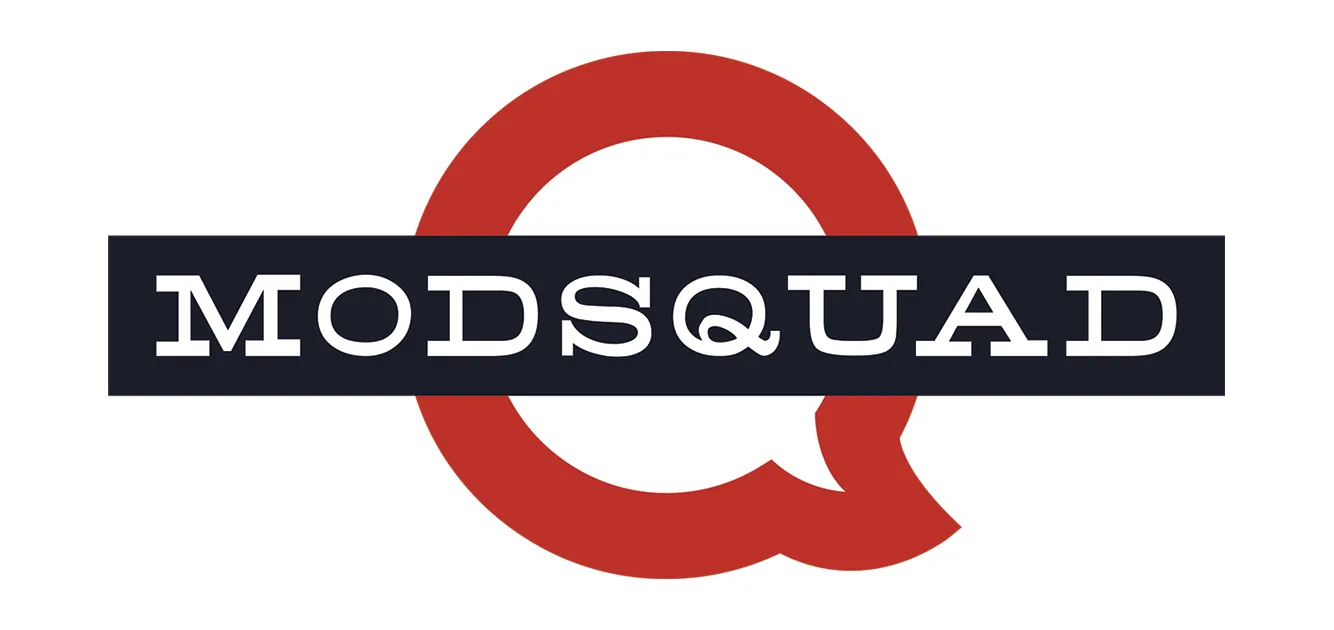
Parents: If Your Child is Victimized
 Before my first child was born, my husband and I would watch how our friends managed their kids. We were absorbent sponges, ready to soak in all the dos and don’ts. We would jump in our car after a night out with a family with children, and immediately dissect our friends’ techniques. “We will NEVER tell our child more than once to do something!” we’d say. “If they can pick up their toys after being told ten times, they can pick them up after being told one time!” Oh yes, we thought we’d do everything just right, and our kids would respond by being perfect. We agreed that our children would never be unsupervised, never fool us, never behave in an unsafe manner. Of course, once our imaginary children became flesh and blood, reality set in quickly. We succumbed to many of the usual parenting pitfalls.
Before my first child was born, my husband and I would watch how our friends managed their kids. We were absorbent sponges, ready to soak in all the dos and don’ts. We would jump in our car after a night out with a family with children, and immediately dissect our friends’ techniques. “We will NEVER tell our child more than once to do something!” we’d say. “If they can pick up their toys after being told ten times, they can pick them up after being told one time!” Oh yes, we thought we’d do everything just right, and our kids would respond by being perfect. We agreed that our children would never be unsupervised, never fool us, never behave in an unsafe manner. Of course, once our imaginary children became flesh and blood, reality set in quickly. We succumbed to many of the usual parenting pitfalls.
When it comes to raising children, parents always want to do their best work. We always have the best intentions, but sometimes, real life and circumstances cause bad things to happen, even when we think we’re being vigilant. In a previous blog, I gave parents some tips for handling Internet usage with their children. Today I want to discuss the awful possibility that, even with our best intentions, and even when we think we’re doing everything to prevent it, our children may be victimized online.
According to the FBI, one in seven youngsters has experienced unwanted sexual solicitations online. One in three has been exposed to unwanted sexual material online. One in 11 has been harassed or bullied online.
Face it: Your child is probably not going to come and tell you that they’re in an online situation that they can’t handle. But you can watch for warning signs. Some warning signs are:
- Your child is online too much, especially at night.
- Your child receives telephone calls from people you don’t know, or she places these calls herself.
- You find pornography on his computer.
- Your child withdraws from the family.
- When you approach the computer, she quickly minimizes windows or hides the monitor.
- His usual behavior changes drastically at home or school.
If, heaven forbid, you find evidence that your child has been victimized, what should you do?
- Do your best to remain calm.
- Turn off the computer, and leave it off, to maintain evidence.
- If your child has a cell phone or other internet-connected device, take possession of it.
- Express your love and support to your child, whether or not she admits to the victimization. Remember, she may have complex, conflicted, or even loving feelings toward her abuser. This person may have spent months grooming her, gaining her trust, and bestowing attention on her.
- Immediately contact your local law enforcement agency, the FBI, and the National Center for Missing and Exploited Children, and be ready to cooperate with them. Do this even if your child denies the abuse.
- If your child is conflicted about the victimization, do not allow him to have access to any internet-connected device. In his confusion, he may warn his abuser or destroy evidence.
- Seek professional psychological counseling for your child and any other family member who shows signs of anxiety about the situation.
- Remember that the person who abused your child is to blame. However, make an honest evaluation of your family’s Internet practices, and follow up with appropriate changes that will better protect the young people in your household.
-Susan South
(Susan South is Metaverse Mod Squad’s Chief Moderator. For her tips on how to parent the online child, please see “Parents: Stand Firm”.)

